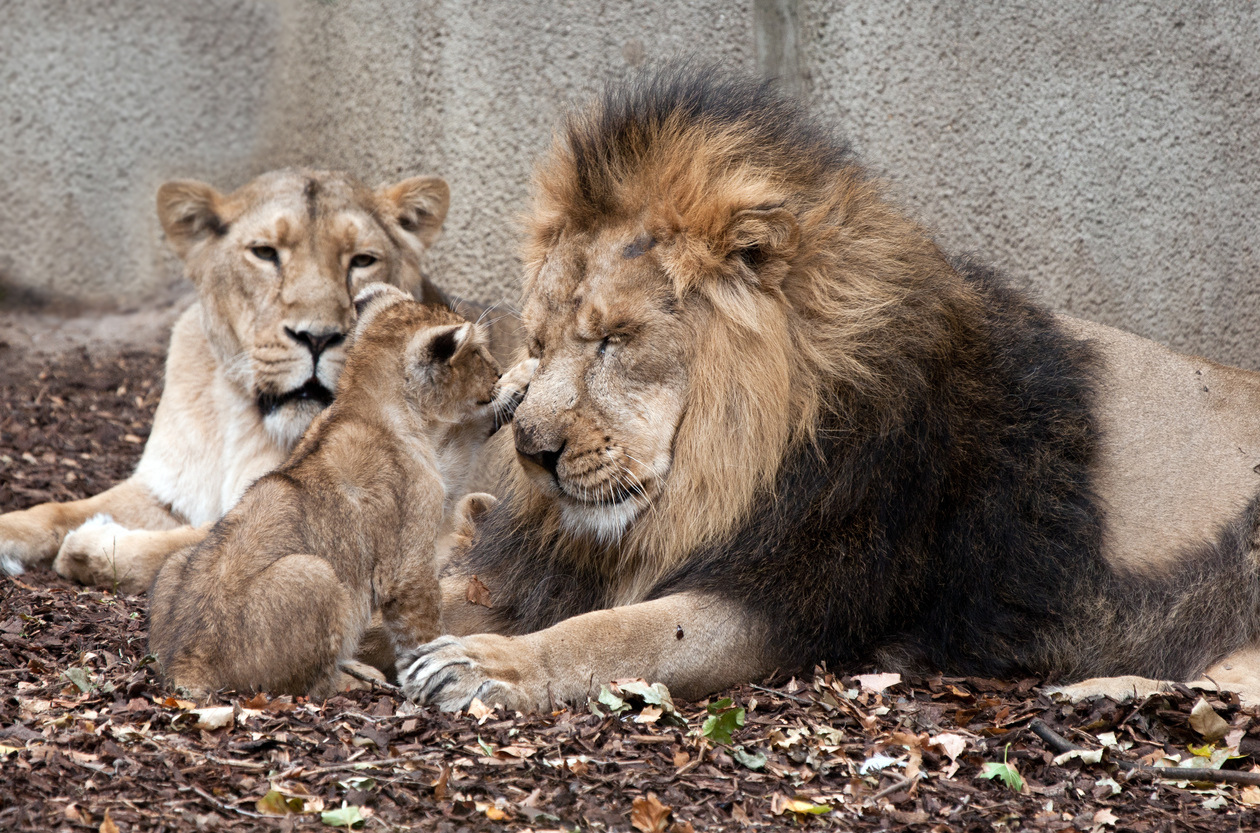
Volunteering with lions has generated a lot of media attention recently highlighting the severe abuse the animals endure in captivity and in many so called sanctuaries. Yet, people are still shelling out big bucks to work with programs that allow gross unethical treatment of lions. Here's the truth about volunteering with lions in Africa.
By: Alison Lee Rubie
Alison Lee Rubie runs the Instagram account @lobbyforlions. She offers insightful and important information about wildlife and the truth about volunteering with lions.
Have you ever been tempted to walk with lions? Pet a lion cub? Play with cubs or get that perfect social media photo of you with a lion? Is so, we'd like to you to please reconsider and here's why.
Did you know there are 8,000 lions in captivity in South Africa but only 3,000 in the wild?
A very large percentage of the lions in captivity are on the list to be used in a canned hunt. So what exactly is canned hunting? Canned hunting is the hunting of lions (and in some cases other wild animals) in a confined area where they cannot escape. The lions are baited to appear before a hunter. A hunter can even choose which lion he would like to kill from a list on the internet. The lions are so habituated to humans that they possess no fear from them and as such will make an easy target.
RELATED: Six Steps to Ethical Volunteering
So what has happened to the lions to get them to this position? There are many breeding farms of lions in South Africa. The cycle is as follows - A lioness will fall pregnant. In three months, she will give birth and within three days after that she will have those cubs taken away from her by the breeding farm owners/managers. She will then go into oestrus again and forced to breed again. The cubs are then 'hand raised'.

family of lions male female and cub
Many voluntourism organizations intentionally mislead those who are considering volunteering with lions. Unsuspecting volunteers and tourists are duped into thinking that they are assisting with hand raising a lion that will eventually be released into the wild. It's important to note that this has never happened. Lions who have been captured and hand raised can never return to the wild because they don't have the behaviors and skills needed to survive their natural habitat.
In addition, people are often told that the cubs were rejected by their mother, which isn't true. Lionesses are incredibly maternal and fiercely protect their cubs. They will never leave them. So that's another lie organizations tell volunteers and travelers.
RELATED: Corfu Donkey Rescue is the Perfect Place to Volunteer for Animal Lovers
When the cubs get too old to be played with or hand raised, they are then used for 'walking with lion' tours where tourists and the guides walk with sticks to hit the lions if they misbehave.
Once they have gone through all of these cycles, the lions are then sold to hunting farms where trophy hunters can come and shoot them in a confined area in a guaranteed hunt or a 'canned hunt'.
When you partake in activities such as cub petting, walking with lions or volunteering hands on with lions, you are part of the problem, not the solution. Please do your research before you visit and we are always here to help you make ethical choices.
For more information follow @lobbyforlions on Instagram.
